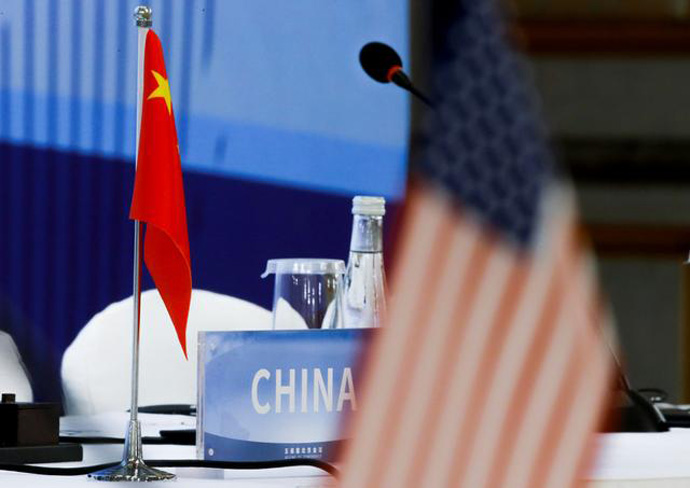David Shambaugh, Gaston Sigur Professor and Director of China Policy Program at George Washington University, Distinguished Visiting Fellow at Hoover Institution of Stanford University
Aug 02, 2022
The most recent direct discussion between U.S. President Joseph Biden and Chinese President Xi Jinping was dominated by the Taiwan issue—which has become increasingly volatile and has returned to a central point of tension in the relationship. The telephone conversation allowed each president to restate their respective positions. Hopefully such an exchange will contribute to restraint, non-provocations, and stability between Beijing and Washington (although Taipei has its own agency and can cause instability).

Zhao Minghao, Professor, Institute of International Studies at Fudan University, and China Forum Expert
Aug 01, 2022
The recent conversation offered an opportunity to manage bilateral relations from a strategic height. But because of domestic political strife in the U.S, there will likely be no letup in attempts to amplify “China threat” rhetoric.

An Gang, Adjunct Fellow, Center for International Security and Strategy, Tsinghua University
Jan 19, 2022
China and the United States must take the opportunity to move relations forward following the Xi-Biden virtual meeting in November. A healthy future will be discovered through frank dialogue, sincere exchanges and taking advantage of every small but concrete commitment.
Brian Wong, Assistant Professor in Philosophy and Fellow at Centre on Contemporary China and the World, HKU and Rhodes Scholar
Dec 09, 2021
The future of Sino-American relations rests with maximising the yield of what can be changed, and minimising the relevance of what can’t be changed. The multitude of differences that the U.S. and China can’t resolve must be set aside to allow for genuine change to take place.
Jin Liangxiang, Senior Research Fellow, Shanghai Institute of Int'l Studies
Dec 09, 2021
While the United States talks about the need to prevent conflict with China, it engages purposefully in sabotage — especially regarding Taiwan and the South China Sea. While nations can design mechanisms to deal with unforeseen events, no guardrail can prevent a deliberate act.
Doug Bandow, Senior Fellow, Cato Institute
Dec 08, 2021
President Joe Biden and Xi Jinping finally talked, but now comes the hard work of resolving differences and managing others to maintain the world’s most important bilateral relationship.

Li Yan, Director of President's Office, China Institutes of Contemporary International Relations
Dec 02, 2021
The statement by U.S. President Joe Biden and others that America does not seek to change the Chinese system sounds good on the surface. But is it hiding an iron fist in a velvet glove?
Philip Cunningham, Independent Scholar
Nov 30, 2021
Though Xi Jingping’s absence from Glasgow’s COP26 summit has been roundly criticized, the virtual one-on-one summit between Xi and Joe Biden may have produced more actions of consequence, at a fraction of the cost.
He Weiwen, Senior Fellow, Center for China and Globalization, CCG
Nov 30, 2021
U.S. President Joe Biden’s assurances during the video summit with Chinese President Xi Jinping need to be transformed into concrete progress. Both the United States and China should do their best to bring about a substantive improvement in trade relations in near future, thereby sealing the summit's success.
Chen Jimin, Guest Researcher, Center for Peace and Development Studies, China Association for International Friendly Contact
Nov 29, 2021
China and the United States should move forward without delay and show visible results as soon as possible in areas of agreement. Where they differ, they should adopt sound crisis management mechanisms and strive to find compromises that meet the demands of both sides.
Back to Top

- China-US Focus builds trust and understanding between the U.S. and China through open dialogue among thought leaders.
- Our Offerings
- Topics
- Videos
- Podcasts
- Columnists
- Research Reports
- Focus Digest
- Stay Connected
-
Thanks for signing up!
- Get the latest stories from China-US Focus weekly.